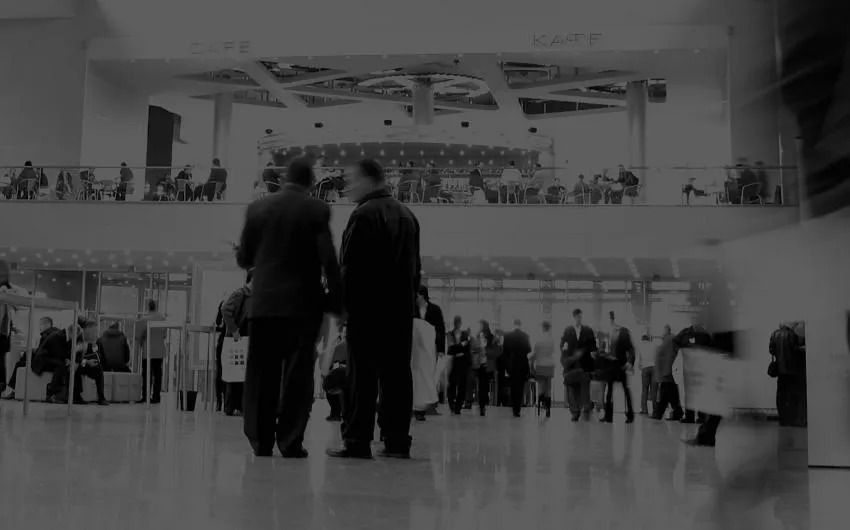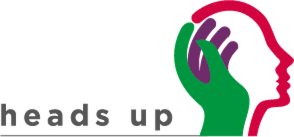The DEI hub provides a pool of resources of articles, podcasts amd videos including access to the five pillars of inclusion.
Resource content has been recommended by AEO, AEV and ESSA members.


Discrimination means treating you unfairly because of who you are. The Equality Act 2010 protects you from discrimination by:

Access the “heads up” mental health tool kit created for our members. The tool kit contains a variety of resources and advice, a library of links and case studies, and signposts to material for improving, maintaining and looking after the mental health of oneself and others.
International Women's Day is a day to reflect on the achievements of women around the world and emphasise gender parity. The theme for 2024 is 'inspiring inclusion'.
We have gathered some amazing female #eventprofs from throughout the industry to share their thoughts on what this special day means to them.
Take a more detailed look at their thoughts
Find out more about your rights under the Equality Act 2010
If you’re treated unfairly because someone thinks you belong to a group of people with protected characteristics, this is also unlawful discrimination.
A race is a grouping of humans based on shared physical or social qualities into categories generally viewed as distinct by society. The term was first used to refer to speakers of a common language and then to denote national affiliations. By the 17th century the term began to refer to physical traits.
Menopause is the time of life after a woman's, trans or non-binary person's last period, leaving a hormone deficiency. The years leading up to that point are called the menopausal transition or perimenopause. During this phase, many have changes in their monthly cycles, hot flushes, brain fog or other symptoms.
Neurodiversity is a term used to describe differences in the way people’s brains work: "neuro" referring to the brain and "diversity" to difference. This means there is a wide variety of ways that people perceive and respond to the world. Neurological conditions include austism and ADHD, in addition to learning disorders such as dyslexia and dyscalculia.
All resources have been recommended by AEO. AEV and ESSA members. If you have a suggestion for additional DEI resources please let us know. SUBMIT A RESOURCE